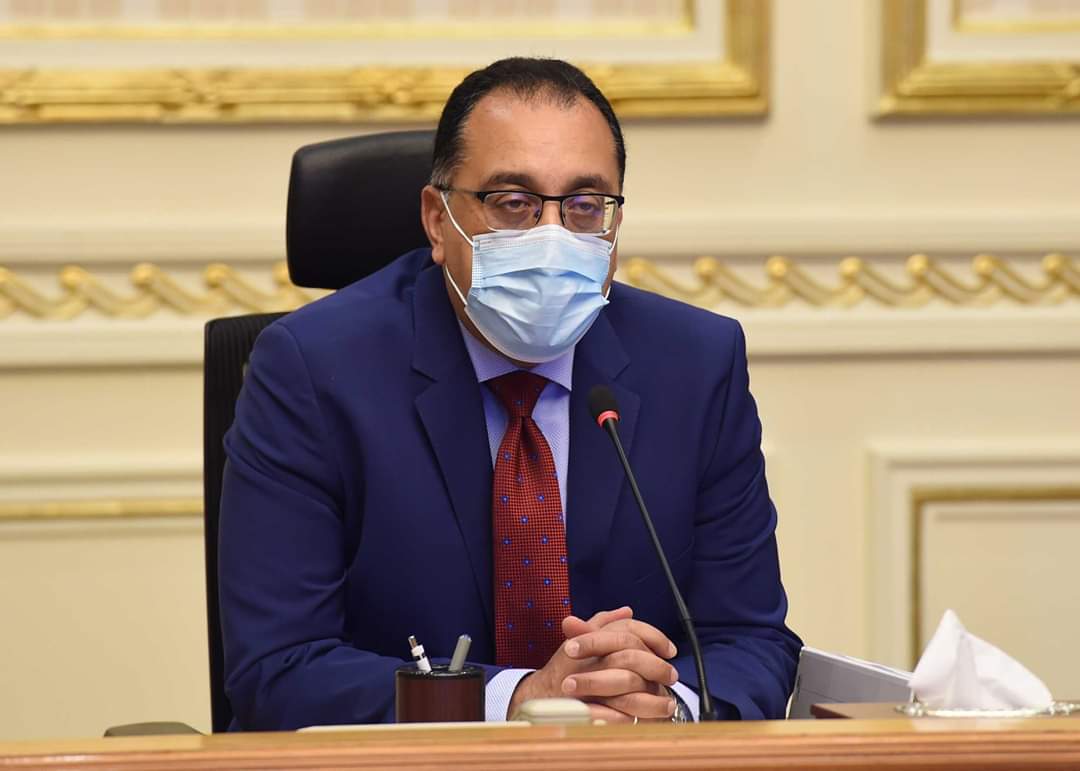CAIRO: As domestic steel prices continue to rise, Egypt’s General Federation of Cooperatives revealed Sunday plans to import steel rebars at prices lower than those of domestic market.
“Our Construction and Development Committee received complaints that small contractors are going bust as a result of ongoing steel hikes. Therefore, the committee had to resort to importing steel from other steel-exporting countries such as Ukraine, which could save between LE 1,200 and LE 1,800 per ton, said Ahmed Abdel Zaher, head of the Federation.
Steel prices have recently soared to an average of LE 6,000 per ton, with experts estimating further hikes in the summer. Ongoing upsurges in domestic steel prices have been fueled by El Ezz Steel Rebars, which controls a solid 65 percent of the market.
Egypt’s giant steel producer has been steadily raising prices since October.
The company has reportedly introduced its latest price upsurge on Saturday, putting its local ex-factory price for rebars at LE 5,700 ($1,044) per ton, up from LE 5,080 ($930) per ton in April. This is the company’s fourth price increase since the beginning of the year.
“Steel prices are extremely volatile on the domestic market. If today a ton of steel sells at LE 6,000, tomorrow it will sell at LE 6,500. Everyone, merchants, dealers, and contractors, they are confused. No one can predict the next day’s price, explained Hamed El Tohamy, head of the Federation’s Production Committee.
“We want a price that remains fixed for at least two months. Before making a deal, a contractor needs to be able to determine prices of steel beforehand. However, that is not possible these days because prices have become patchy, he added.
Consequently, the Federation agreed to import steel rebars from several unnamed countries, ensuring that prices will “definitely be lower than those of the domestic market.
The Federation of Cooperatives oversees, among other things, construction of state-owned property, such as roads and bridges, public buildings, and public transportation projects. Local news reports revealed Sunday that recent hikes in both steel and cement have jeopardized a number of state-run construction projects, as local contractors demanded several ministries to offset their rising operating costs, which have reached LE 2 billion.
“When we signed the project’s [third metro line] contracts in 2005, steel sold at LE 3,000 per ton and cement at LE 250 per ton. Now, steel prices have exceeded LE 6,000 per ton and cement LE 450 per ton, head of the National Authority for Tunnels was quoted in Al-Masry Al-Youm as saying.
“This means that the first phase of the project will now cost LE 5 billion, up from the previously stated LE 4 billion. Local contractors have to be compensated for such an increase or else it could adversely affect the quality and standards of the project.
According to El Tohamy, the Federation’s Production Committee members constitute 80 percent of Egyptian contractors. He pointed out that the Federation currently buys its steel supplies from local merchants and not producers, which makes it subject to price manipulation. “Local merchants raise prices as they please. That is why the government should step in and fix prices for at least two months. We want to buy steel at proclaimed prices.
He added that the Federation will within the next few weeks import several tons of steel, which will be for its internal use only and not subject for market use. “We will use it to sustain our own projects and will not re-sell it on the market.
The Federation is currently looking into importing cement at lower than domestic market prices in a bid to alleviate rising operating costs and to terminate monopolistic practices.



